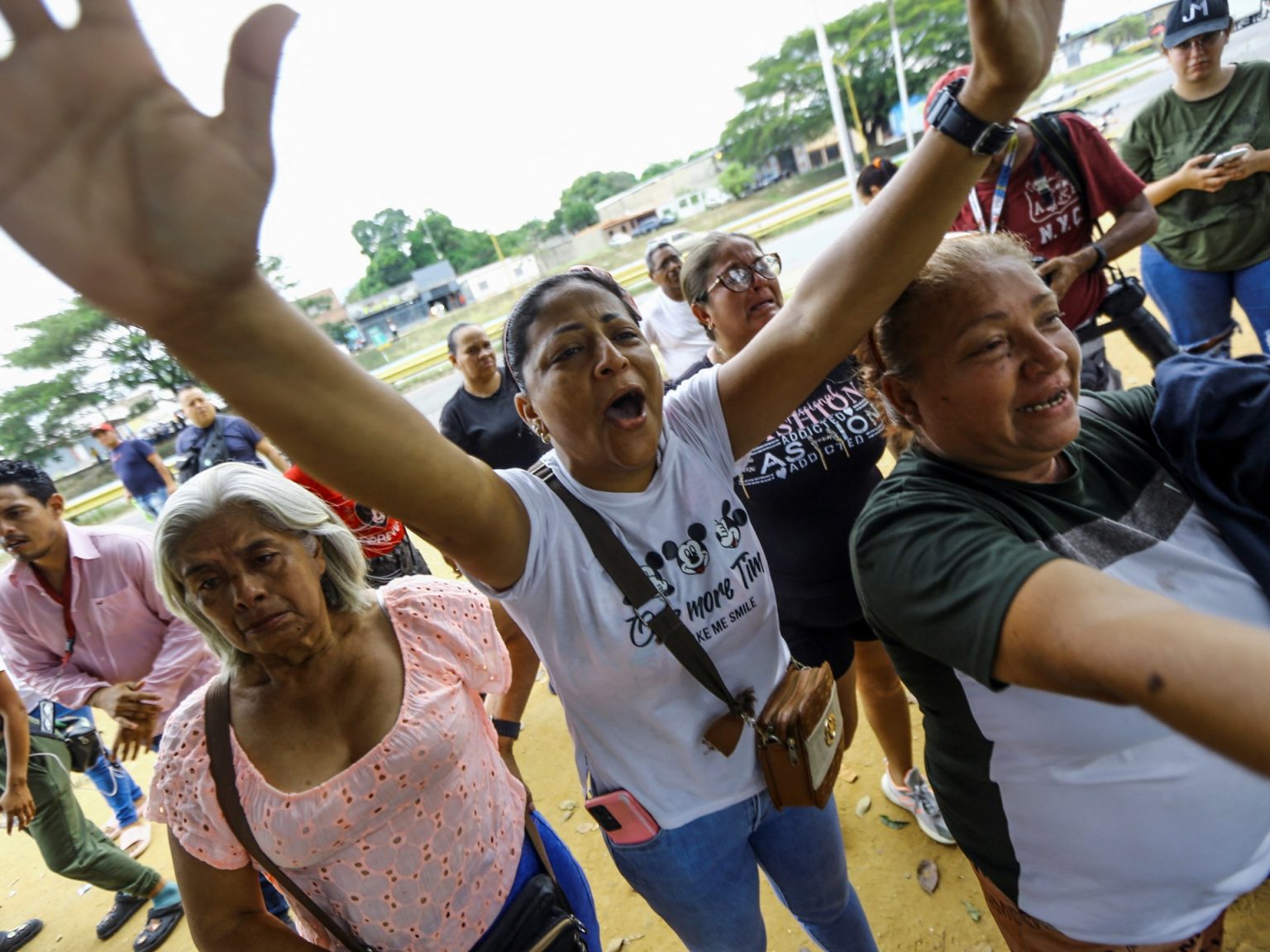The political landscape in Venezuela remains fraught with tension and controversy following the disputed presidential election of July 28th. Incumbent President Nicolas Maduro declared himself the victor despite pre-election polls indicating a significant lead for opposition leader Edmundo Gonzalez. The official vote tallies remain undisclosed, fueling accusations of electoral manipulation and prompting widespread protests. The government’s refusal to release the data has been met with condemnation from both domestic opposition groups and international observers, further escalating the political crisis. In the aftermath of the election, approximately 2,000 demonstrators were arrested amidst clashes with security forces. While the government has announced the release of a substantial number of these detainees, concerns persist regarding the veracity of these claims and the ongoing detention of political prisoners.
The contested election results and the subsequent crackdown on dissent have drawn international scrutiny and raised concerns about human rights violations. The International Criminal Court (ICC) is actively monitoring the situation, particularly in light of an existing investigation into alleged abuses stemming from the 2017 Constituent Assembly elections. The Venezuelan government’s assertion of having released a significant portion of the detained protesters could be interpreted as an attempt to mitigate international pressure and project an image of leniency. However, human rights organizations and opposition groups remain skeptical, emphasizing the lack of transparency and the ongoing detention of political prisoners. The timing of these releases, shortly before Maduro’s scheduled inauguration for a third term and the impending US presidential transition, raises questions about the motivations behind these actions.
The Venezuelan government’s narrative frames the releases as a gesture of goodwill and a commitment to reviewing cases involving election-related violence. However, critics argue that these releases are selective and strategically timed, potentially aimed at influencing international perceptions and easing potential sanctions. The government’s claim that Maduro instructed a review of all cases related to election violence is juxtaposed against reports of ongoing arbitrary detentions and a lack of due process. The discrepancy between the government’s pronouncements and the accounts of human rights organizations highlights the deep-seated mistrust and the ongoing political struggle within Venezuela.
The government’s claims regarding the release of prisoners have been met with skepticism due to a lack of independent verification and ongoing concerns about due process. While the Attorney General has announced the release of hundreds of prisoners through various mechanisms, including “precautionary measures,” human rights groups have been unable to confirm the full extent of these releases. The lack of transparency and access to information raises concerns about the actual number of individuals freed and the conditions of their release. Furthermore, the requirement for released prisoners to appear before a court regularly raises questions about the extent of their freedom and the potential for continued judicial harassment.
The political climate in Venezuela remains tense as Maduro prepares to begin his third term, with the opposition and international community questioning the legitimacy of his presidency. The ongoing detention of political prisoners, the suppression of dissent, and the government’s refusal to release electoral data all contribute to a climate of uncertainty and instability. The international community, particularly the United States, faces the challenge of formulating an effective response to the Venezuelan crisis. While sanctions have been imposed, their effectiveness remains debated, and the potential for further escalation remains a concern.
The future of Venezuela remains uncertain, with the country facing a complex interplay of political, economic, and social challenges. The disputed election, the ongoing detention of political prisoners, and the humanitarian crisis all contribute to a volatile situation. The international community’s response will be crucial in shaping the trajectory of the crisis and determining the prospects for a peaceful resolution. The Venezuelan people continue to bear the brunt of this protracted political struggle, facing economic hardship, political repression, and an uncertain future.

